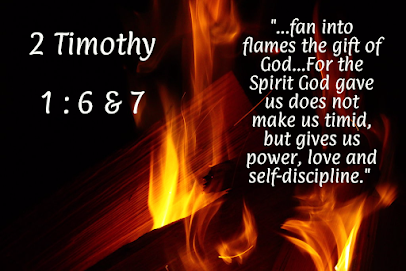
The Second Book of Samuel 12: 1 –17 offers us a profound story that encapsulates our struggle for moral integrity, self-awareness, and the human inclination to judge others while overlooking one’s own faults.
Before today’s episode, David had committed adultery with Bathsheba and subsequently murdered her husband Uriah. This narrative illustrates how one sin leads to another. Nathan, as prophet of God, does not confront King David directly with his transgressions. Instead, Nathan employs a parable, the story of a rich man who unjustly seizes the only ewe lamb of a poor man. Nathan teaches us the importance of having wisdom to approach sensitive issues with care, leading others to self-reflection rather than direct accusation.
This story illustrates also the two sides of King David: he is the one who loved God and wrote songs for Him, and the one who did wrong by taking what wasn't his. David passed a harsh judgment on himself, unwittingly condemning himself. He later realized that he is the rich man who has forcefully taken away the poor man’s only ewe lamb. David, who was supposed to be a good leader, had hurt someone innocent because of his idleness and selfishness. It is sometimes said that “an idle mind is the devil’s workshop.”
David’s judgment reveals the human tendency to be quick in judging others while being blind to one’s own faults. Jesus warned us against this hypocrisy in Matthew 7:3-5, where He speaks of the danger of noticing the speck in our brother’s eye while ignoring the log in our own eye.
Like David, we too can sometimes be too quick to judge others without seeing our own mistakes. Nathan's story is a reminder for us to examine ourselves first before we judge others. It reminds us of the necessity of showing mercy and understanding in our assessment of other people’s lives. The ability to condemn a sin without condemning the sinner is seen in the way we relate to each other especially when we notice other people’s failures and weaknesses.
Let's try to understand ourselves better and uncover the mistakes and sins we may be overlooking before God. If we don't see what we're doing wrong, how can we help others do right?
Instead of blaming and accusing others, seeing only what is negative in them, let's use stories like Nathan's as a way to help each other grow in kindness, mercy, love and forgiveness. We all make mistakes, just like the rich man in the story. Understanding this can help us forgive and experience healing together.
Proverb 24: 16 says: “For a just man falls seven
times and rises up again, but the wicked stumbles when calamity strikes”. May
Nathan and David’s story remind us to be
honest with ourselves, so that we can
become better and find peace within ourselves, practicing self-examination,
mercy, forgiveness.🙏🙏🙏🙏



%20(1).jpg)





